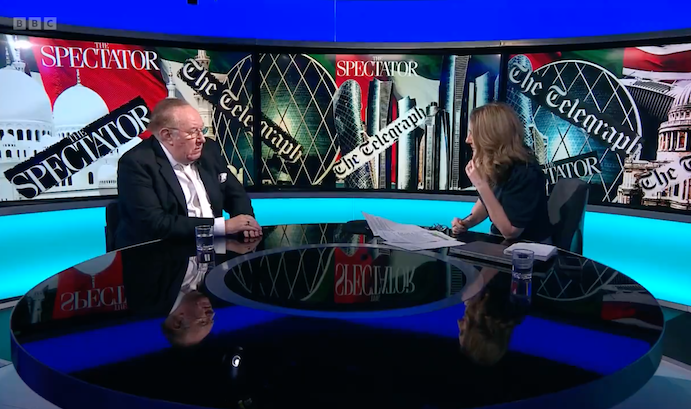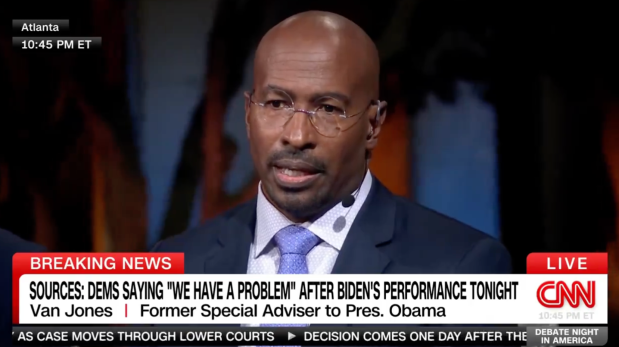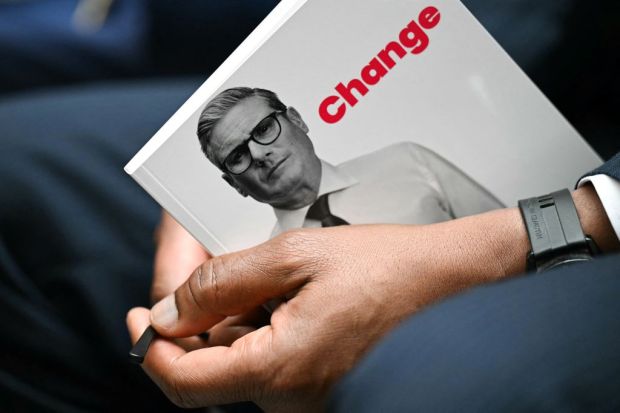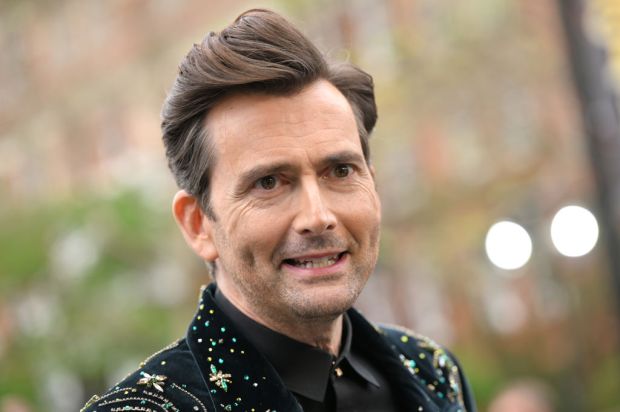Last night The Spectator’s chairman, Andrew Neil, spoke for the first time about the sale of this magazine and the Telegraph newspaper to Redbird IMI, an entity run by the former head of CNN, Jeff Zucker, and backed financially by the United Arab Emirates. In November last year, the government issued a Public Interest Intervention Notice, halting the sale process until Ofcom, the media regulator, and the Competition and Markets Authority (CMA) investigate.
Already a subscriber? Log in
Subscribe for just $2 a week
Try a month of The Spectator Australia absolutely free and without commitment. Not only that but – if you choose to continue – you’ll pay just $2 a week for your first year.
- Unlimited access to spectator.com.au and app
- The weekly edition on the Spectator Australia app
- Spectator podcasts and newsletters
- Full access to spectator.co.uk
Or





















Comments
Don't miss out
Join the conversation with other Spectator Australia readers. Subscribe to leave a comment.
SUBSCRIBEAlready a subscriber? Log in